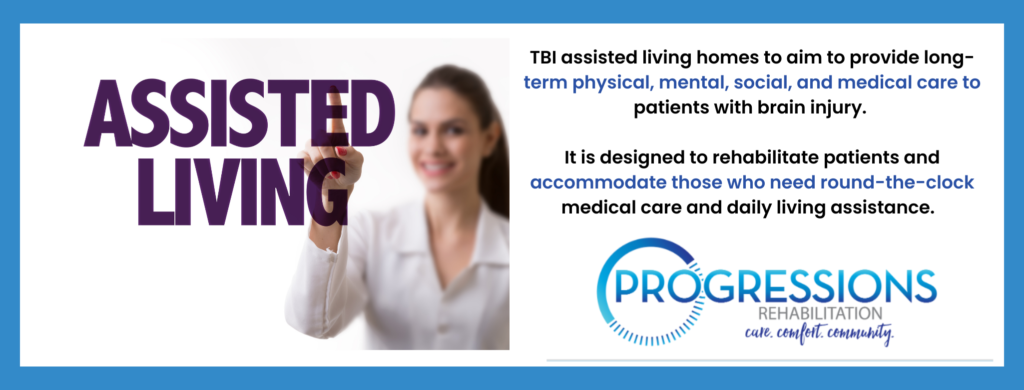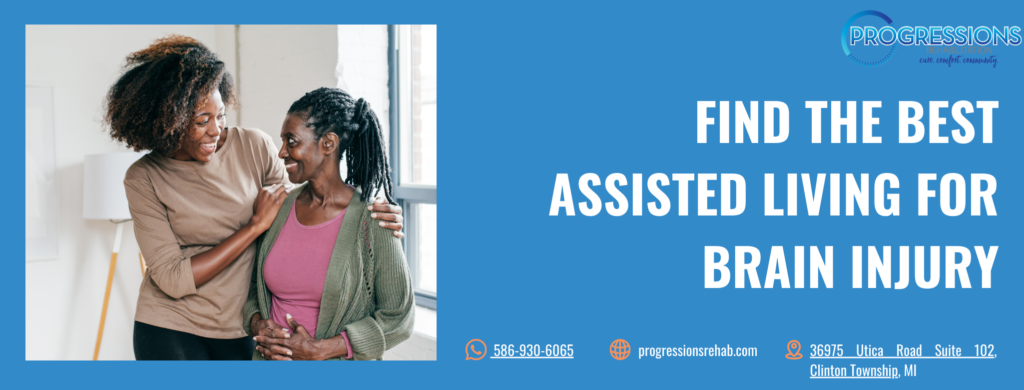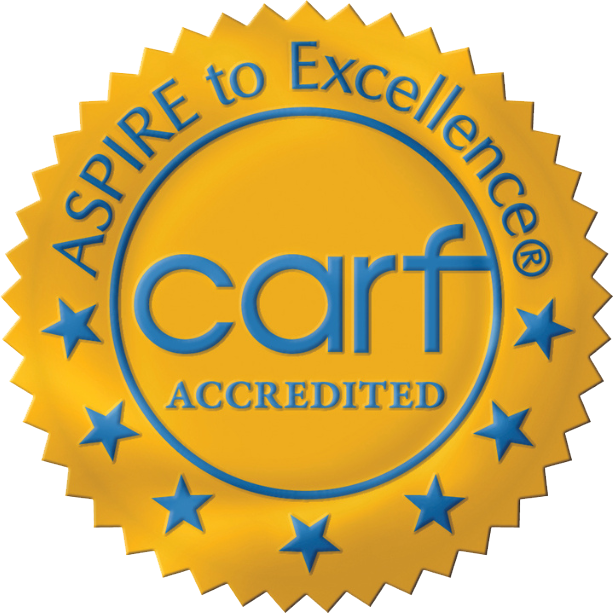A brain injury is a non-congenital and nondegenerative condition caused by an accident or an underlying disease. Essentially, this damage to the brain causes negative changes in its function and metabolic activity. Most brain injuries also exhibit actual brain alteration that changes its physical structure, components, and integrity.
According to the Brain Injury Association of America, brain injury can be classified into two types:
- Traumatic brain injury—this type of brain damage is primarily caused by external trauma to the head, such as a direct blow, violent jolt, or penetrating injury (e.g., car collisions or sports accidents).
- Non-traumatic brain injury—this type of brain impairment occurs as a result of internal factors, such as a tumor, meningitis, or lack of oxygen.
Moreover, brain injury results in neuronal damage. So, individuals with such a condition have impaired physical, mental, cognitive, and psychosocial functions. Patients may experience different kinds of symptoms ranging from mild (e.g., headaches) to severe (e.g., stroke, mobility problems).
However, each symptom, no matter how mild or severe, can drastically affect one’s daily activities and everyday life. This can then result in poor quality of life in the long run.

Fortunately, Progressions Rehabilitation is here to help—providing services such as assisted living for brain injury patients. Read on to learn more about assisted living and how it can benefit you or your loved one.
What is assisted living for brain injury?
Contrary to popular belief, assisted living does not only cater to seniors or aging adults. Several facilities provide assisted living services for individuals with brain injuries.
TBI assisted living homes to aim to provide long-term physical, mental, social, and medical care to patients with brain injury. It is designed to rehabilitate patients and accommodate those who need round-the-clock medical care and daily living assistance.
But above all, assisted living facilities provide a safe environment and community for patients struggling with brain injury symptoms. It allows individuals to receive the comfort they need and will enable them to thrive in a home-like social setting to improve their quality of life.
What are the services provided in TBI assisted living homes?
Rehabilitation from a traumatic brain injury is a life-long process. The neurologic consequences of this condition can only be improved through continuing care and therapeutic rehabilitation. Of course, all of these should be achieved while the patient is in a safe and enriching environment.
So if you or a loved one suffer from TBI, then it would be an excellent opportunity to try our assisted living for brain injury in Michigan. We provide individualized programs to cater to the unique needs of each patient.
Some examples of the many services that you or your loved one might encounter while in our program include:
- 24/7 staff support and medical care, such as medication management.
- Assistance with daily living activities, such as bathing, dressing, grooming, and proper hygiene.
- Support with independent living skills
- Healthy, home-cooked meals
- Help in daily housekeeping, laundry, and shopping.
- Comprehensive care plans, such as nursing services, physical therapy, and rehabilitative services.
- Transportation to doctor’s appointments and other outside trips.
- Behavioral programming and counseling
- Individual or group recreational activities
- Educational and occupational activities
- Outing or field trip opportunities

What are the benefits of an assisted living facility?
Putting a loved one in a TBI assisted living in Michigan can be a difficult but necessary decision. Assisted living facilities, like Progressions Rehab, can be significantly beneficial for loved ones struggling with brain injury as they can provide everything they need. Some of the benefits patients can reap in these facilities include:
1. Access to healthcare
No matter how mild or severe TBI symptoms may be, it’s good to have easy access to healthcare when the time comes. In assisted living facilities, care teams provide a customized treatment plan for each patient, which includes physical therapy, nursing services, and mental health counseling.
These on-site services allow patients to regularly receive the care they need when they need it. These are provided by a team of medical professionals on-site 24/7 to readily offer care, attention, and medical support.
2. Hands-on assistance and personalized care
Patients with TBI have varying levels of independence, thus requiring different levels of support. However, most patients with TBI have impaired motor skills and mobility, hindering them from performing daily living activities.
In TBI assisted living in Michigan, patients will receive hands-on support from the care team and staff. They will provide assistance in performing activities of daily living, such as bathing, grooming, dressing, eating, and hygiene.
Moreover, assistive devices for mobility, such as a walker or cane, will be provided. Staff may also lend a helping hand to patients who need full assistance with movement. Your loved one’s needs are prioritized, whether on a regular or as-needed basis.
3. Safety and security
Assisted living for brain injury offers a safe and secure environment to ensure each patient’s health and wellness. Since most patients have impaired physical, mental, and cognitive abilities, they are more vulnerable to unwanted accidents. Some examples include falls, slips, or fires.
Fortunately, assisted living communities are designed to become safe spaces for your loved ones. The facility was built with the safety of patients in mind. You can observe this with the different assistive devices in each room, medical equipment, rehabilitative equipment, emergency preparedness of the staff, and more.
4. Social connections
Assisted living facilities have board-certified therapists that provide speech and language therapy for patients who need it. There are also neuropsychiatrists, psychologists, and social workers ready to guide patients in fostering social skills and healthy social connections.
Where to find the best assisted living for brain injury in Michigan?
At Progressions Rehabilitation, we offer a comprehensive and diverse set of services to cater to each patient’s physical, mental, and medical needs. We are passionate about providing quality care so our patients can reach their personal goals and maximum independence and functionality.
If you or your loved one is looking for assisted living for brain injury in Michigan, then Contact us now. Let’s start your journey toward recovery and optimum wellness!

The material contained on this site is for informational purposes only and DOES NOT CONSTITUTE THE PROVIDING OF MEDICAL ADVICE, and is not intended to be a substitute for independent professional medical judgment, advice, diagnosis, or treatment. Always seek the advice of your physician or other qualified healthcare providers with any questions or concerns you may have regarding your health.



